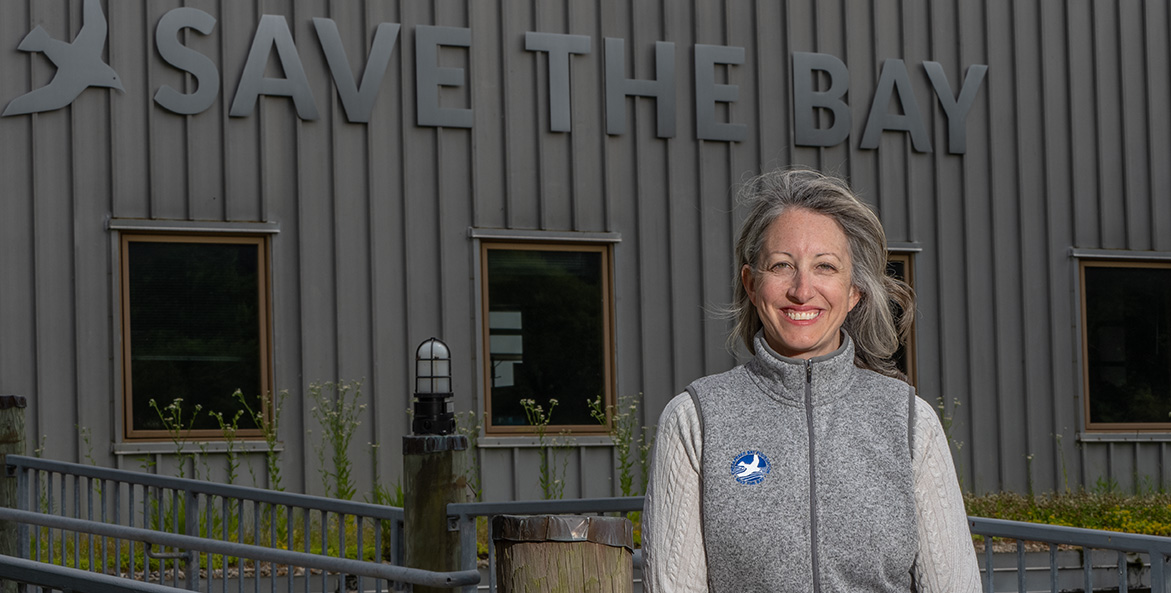Michael Heller, who retired last year after managing CBF’s Clagett Farm in Upper Marlboro, Maryland, for four decades, was fond of saying that the learning curve for farming is always straight up. You can never sit still from one year to the next. You always have to learn and adapt—to the seasons, the animals, the soil, the weather. Nothing is ever static. You must always be willing to change.
What I love most about this sentiment is that it recognizes change as a constant opportunity. The best laid plans will inevitably encounter wrenches. It’s how we react to them that matters.
The Bay restoration partnership is going through its own season of change as the watershed states approach 2025, another deadline to reduce pollution that they collectively will not meet. Climate change, development, population growth—all are making an already difficult task harder. And while a lot has gone right, we’re still not where we need to be, and there is a lot we can do better. Yet too often we approach these challenges as zero-sum issues.
Take for example pollution from agriculture. Reducing it remains one of the biggest hurdles to clean water, as dozens of watershed scientists recently underscored in a major report, known by its acronym CESR, that outlined what is and is not working in Bay restoration. However, there are truly remarkable ways agriculture and watershed stewardship can work together.
Agriculture is our greatest challenge, but it’s also our greatest opportunity to be creative, innovative, and effective.
Farms can build soil health while protecting water quality and sequestering carbon to reduce climate change. They can create habitat for pollinators as well as wildlife. They can reduce the need for fertilizers and pesticides and also reduce costs. Regenerative agriculture, a holistic farming system that incorporates many of these practices, is especially adept at taking care of the land, the water, and the community. Agriculture is our greatest challenge, but it’s also our greatest opportunity to be creative, innovative, and effective.
Many farmers are already doing so, and many others are working to support them. Farming this way at scale will take widespread effort, targeted investments, and creativity in our programs. But it’s not just about policy, or just about farmers. We are all part of the food system.
To truly change it for the better will take a broadscale shift in how we think about our own role. It might be choosing to support farms that use regenerative practices, or reducing the food we throw away, or eating farmed oysters. In the past two years, I’ve seen an amazing diversity of approaches. I’ve met farmers who changed the way they graze their livestock so fields can filter water and give home to birds and pollinators. And I’ve met community growers who created thriving urban farms to provide fresh food for their neighborhoods while also reducing stormwater.
When we take off narrow blinders, solutions become abundant. This watershed is always changing. Restoring it requires all of us to bring our best to the table—a willingness to learn, to adapt, and to grow together.
Take a look at our fall Save the Bay magazine for more stories like this.




